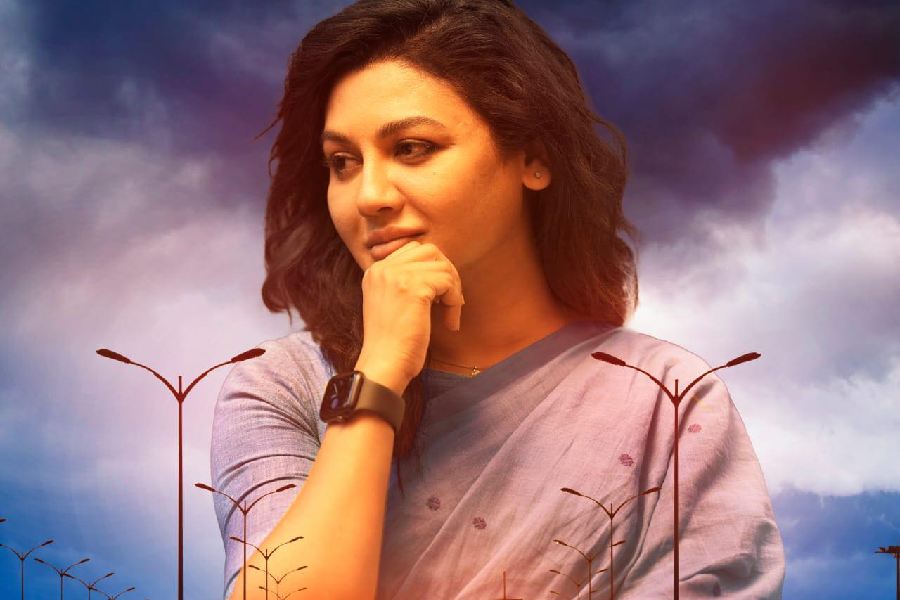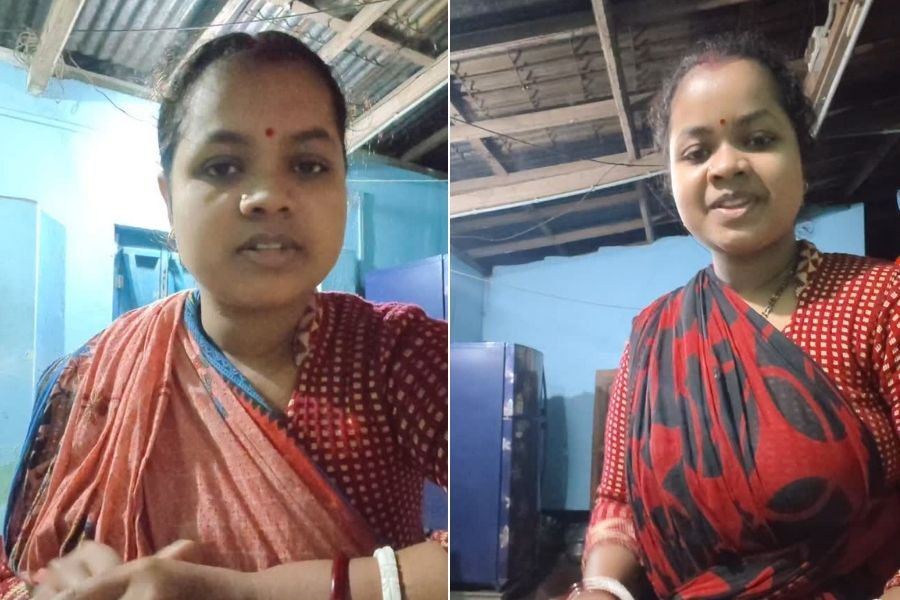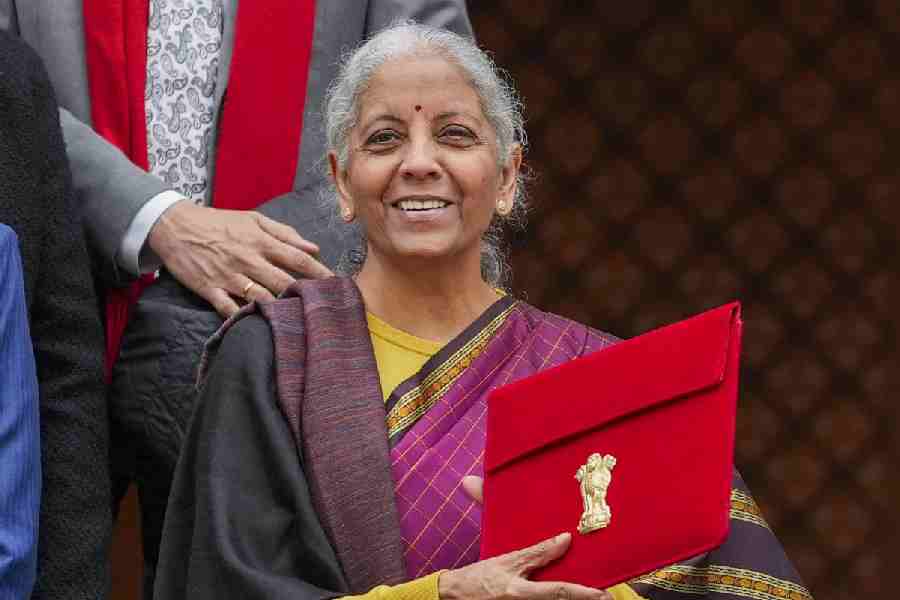More than a decade after Buno Haansh, Aniruddha Roy Chowdhury returns to Bengali cinema with Dear Maa, an intimate portrait of a mother and daughter. It is a poignant addition to Chowdhury’s filmography, dotted with varied explorations of human relationships.
Told in a nonlinear structure, Dear Maa weaves between past and present, peeling back the layers of a woman who has always been at odds with conventional expectations of motherhood. When Brinda’s husband Awrko (Chandan Roy Sanyal) suggests adoption after her reluctance to carry a child, she agrees, but with hesitation.
Chowdhury, co-writing the script with Sakyajit Bhattacharya, quietly charts how emotional gaps widen in the silences between words. Through flashbacks, we see a home where Brinda is always half a step removed from Jhimli (Ahana and Nandika Das, playing the young and teenage versions, respectively), her step-daughter. Her love is sincere but inconsistent. Awrko, by contrast, is hands-on and emotionally available, forging a closeness with the daughter.
Brinda and Awrko’s sharing of responsibilities worked fine for the couple until the latter passed away suddenly, leaving Brinda in charge of managing the household and bringing up their daughter. But with Awrko out of the picture, Jhimli begins to emotionally detach from Brinda, who is too consumed with work and self-doubt to notice the rupture until it’s almost too late.
As Jhimli connects with her biological mother (played by Padmapriya), she feels guilty of being dishonest with Brinda. But when she opens up, Brinda explodes like a ticking time bomb, unravelling their bond further.
Jaya Ahsan’s portrayal of Brinda leans into the discomfort of a mother who does not always know how to be one. She is sharp in office meetings, blunt in conversations, and often emotionally absent when it matters most. And yet, she is never unsympathetic. For Brinda, caregiving is a conscious role, not an instinctive transformation. “I don’t think I’d feel differently even if I had given birth,” she tells her mentor (played by Dhritiman Chatterjee) at one point.
The supporting cast also does the heavy lifting. Saswata Chatterjee’s Asitabha Nandi is a policeman with a dry wit and a knack for seeing through façades. Anubha Fatehpuria, as the long-serving domestic help Nirmala, is like a guardian for both Brinda and Jhimli. And Ahana as the younger version of Jhimli is a bundle of cuteness.
Avik Mukhopadhyay’s cinematography, meanwhile, finds poetry in Kolkata, reminiscent of Chowdhury’s poetic Antaheen. The golden hues of dusk, the grey monotony of the corporate boardroom, dark clouds heralding a storm — every frame is like poetry in motion. Complementing them is Bickram Ghosh’s background score, never overshadowing the emotions but supplementing them.
Dear Maa doesn’t offer easy closure. What it does offer is an empathetic gaze into the emotional complexity of raising a child, and the lonely, often invisible journey of becoming a mother.











